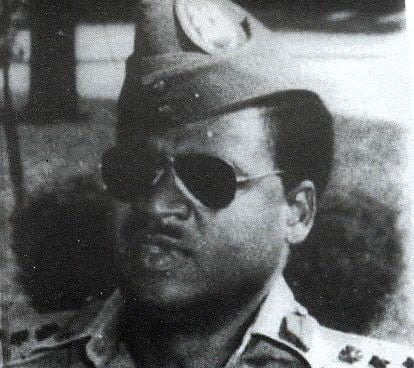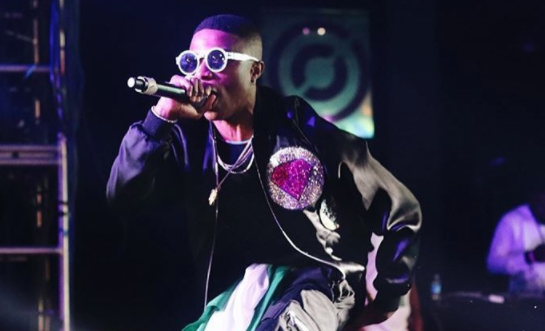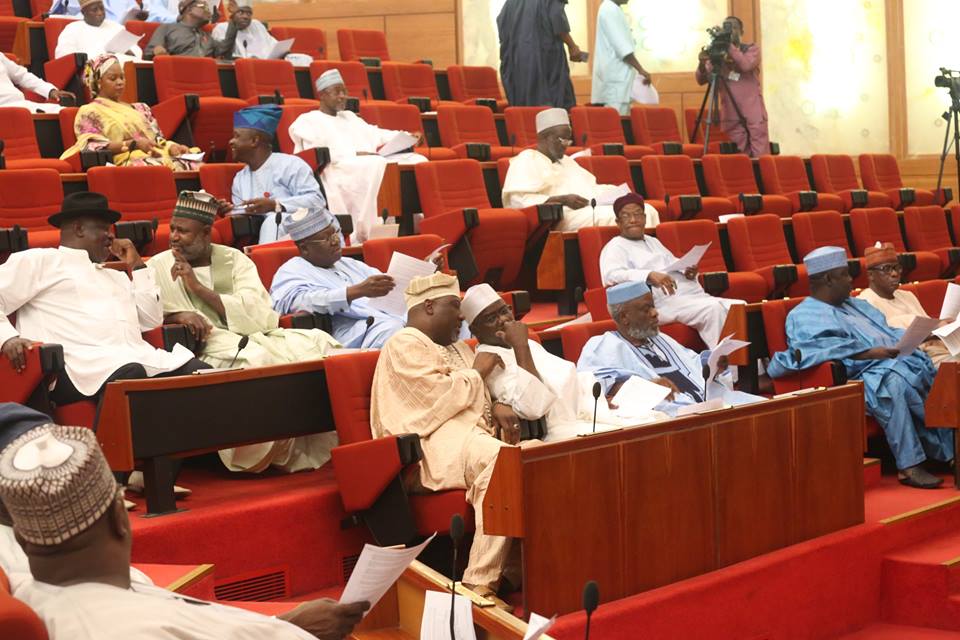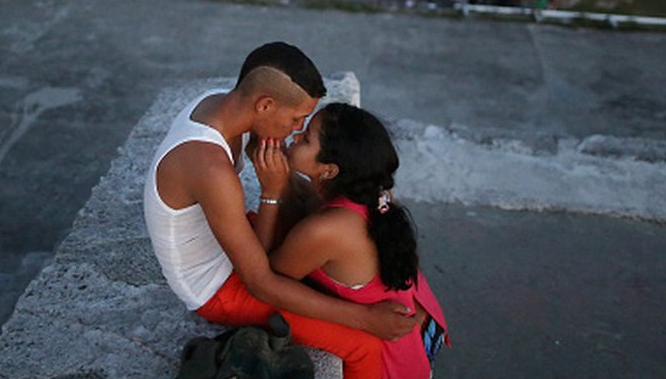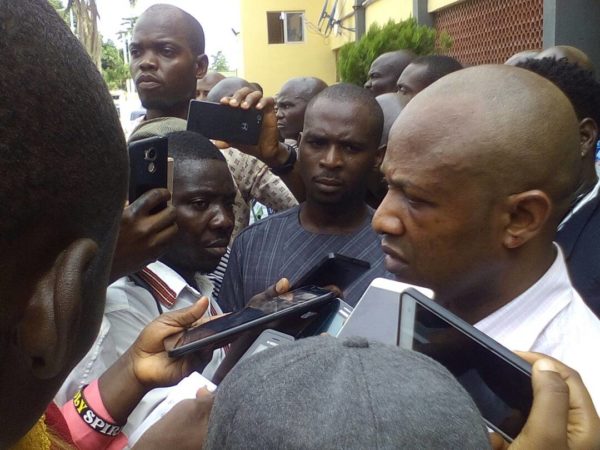Zakariya Maimalari would have been the head of state in July 1966 “after the convolutions” that followed the Kaduna Nzeogwu-led coup early in the year, Yakubu Gowon has said.
In a sneak preview of the book, The First Regular Combatant: Brigadier General Zakariya Maimalari, to be publicly presented on Tuesday in Abuja, THISDAY quotes Gowon as saying Maimalari would have been the “natural choice” after the so-called countercoup.
Nzeogwu, a major, had executed a failed coup on January 15, 1966 which led to the assassination of the prime minister, Abubakar Balewa, the premier of the northern region, Ahmadu Bello, and the premier of the western region, Samuel Akintola.
Key officers of northern origin were also killed, including Maimalari, who was a brigadier general at the time of the failed coup.
Advertisement
Johnson Aguiyi-Ironsi, a major general and the most senior military officer, assumed power but his failure to prosecute the coupists would lead to his overthrow and death in the reprisal coup staged by mostly officers of northern origin six months later.
Gowon, who was a lt. colonel and chief of staff to Aguiyi-Ironsi, was given accelerated promotion as he became head of state at 31.
In the foreword to the book, Gowon said had Maimalari survived the January 1966 coup, “the convolutions in Nigeria that followed might have been averted, and Maimalari would have eventually taken his rightful place in the hierarchy of the Nigerian Army, following the appointment of General Aguiyi Ironsi as GOC of the Nigerian Army after Sir Christopher Welby-Everard, the last British GOC.
Advertisement
“He would have been a natural choice for leadership after the event of that day. I do not see how I could have become commander-in-chief, if Maimalari or any of those senior ones above me from the same school were alive.”
BETWEEN IRONSI AND MAIMALARI
On the delicate relationship between Ironsi and Maimalari, Olusegun Obasanjo, in his contribution to the book, recounted an experience in Congo.
He wrote: “Aguiyi Ironsi called a conference between himself, the battalion commander, and Zakariya Maimalari who was the company commander. We, the junior officers, were not part of the conference.
Advertisement
“But we later came to realise that the difference of opinion between the two senior officers centred on the fact that Ironsi wanted the operation to go in a certain way, whereas Maimalari felt that Ironsi’s way could jeopardise the lives, safety and security of his officers and men.
“Now to the issue of the appointment of the first Nigerian GOC of the Army. Zakariya Maimalari and Lawan Umar were the first Nigerians to join the Army fresh after secondary school as officer cadets, and became commissioned as regular officers. Aguiyi Ironsi, Samuel Ademulegun, Ralph Sodeinde, Babafemi Ogundipe, Adeyinka Adebayo, Adekunle Fajuyi—and even Welington Bassey—were all commissioned from the ranks.”
From Obasanjo’s account, either Maimalari or Aguiyi Ironsi could have been picked as GOC of the army (chief of army staff as it is called today) by the Tafawa Balewa government but “the political leaders of the era did the wise thing by not rocking the boat of the subsisting Army seniority structure”.
BUHARI’S MEMOIRS
Advertisement
In his recollection of the January 15 coup, President Muhammadu Buhari said he was at the Lagos Garrison Organisation that morning.
“I was commanding a platoon with the Lagos Garrison Organisation (LGO). The platoon had staff cars and Land Rovers and I was responsible for providing transport to all the senior officers, from the GOC, Aguiyi Ironsi, down to the staff officers,” he said.
Advertisement
“I had to go to the garage by 6.00 in the morning to make sure that the vehicles and drivers of the GOC and other staff officers were ready to pick up these senior officers from their various locations to the Army Headquarters.
“Then I’d have to go back at 11.00pm, at least, to make sure that all the vehicles and drivers had returned and were in good condition for the next day’s movement.
Advertisement
“I performed this task six days in a week because in those days, unlike now, we had six working days in a week, excluding Sunday only. So, this responsibility was a privileged one, as it brought me in contact with virtually all the senior officers at Army Headquarters, including Aguiyi Ironsi, Zakariya Maimalari, Yakubu Gowon, Kur …because I was responsible for their transportation.
“It was in the course of performing this task that I went out early in the morning of January 15, 1966, and along the way, at a railway crossing in Yaba, Lagos, I saw a wounded soldier. I asked what happened and he told me that he was on guard duty at Brigadier Maimalari’s house where a party took place the previous night and later they were attacked and that he believed Maimalari was killed. I took the soldier in my Land Rover to the hospital in Yaba, where I saw more casualties of the attack. I, therefore, became aware of the coup as early as 6.00 that morning of January 15, 1966.”
Advertisement
BLAME THE BRITISH
Ben Gbulie, one of the key actors in the January 1966 coup, said he was critical of Maimalari despite having an affection for him.
“What I saw and thought of Zakariya Maimalari, when he was the second-in-command at NMTC Kaduna, was not the same thing when he rose to be a Brigadier commanding the 2nd Brigade in Apapa, Lagos. He started doing certain things which I thought he would never do, such as accelerating the promotions of some officers from a particular part of the country,” Gbulie said.
IBM Haruna said he was one of those at Maimalari’s party “dancing the night away” only for the coupists to start shooting after he had left.
“If the departing colonialists had had the courage to put Army officers who were the best trained into appropriate positions, perhaps the crisis we now have could have been averted,” he said.
“But the leadership of the military was from the onset given to those reared from the ranks as opposed to those purposely trained to have the perspective of a wider scope of leadership.
“Most of the officers who subsequently headed our military were those who, but for circumstances, would never have risen to the highest pinnacle of command! But history made them, and we can now see the type of history, which they, in turn, have made.
“This history would not have been the same if Zakariya Maimalari, Abogo Lagerma or Kur Mohammed were alive to head the Army after 1966.”
COUP RUMOURS
Maitama Sule, who died in Cairo, Egypt, on Monday, was a member of the cabinet in the first republic.
He recounted his encounter with Maimalari on the imminent coup.
“On two or three occasions, Zakariya Maimalari had come to me to report that some military officers were plotting a coup. The last time he made this report was during the month of Ramadan in 1966, shortly before the coup actually took place,” Sule wrote.
“I, in turn, reported this information. But our leaders at the time felt confident about what they were doing. They felt they were doing their best for the nation, and there was no reason why a coup would take place.
“When Maimalari made the last report on the impending coup to me in my house, he said: ‘I have told you repeatedly that some officers are planning a coup. Those involved are constantly meeting and planning. I have been telling you repeatedly but you don’t take heed’.
“I said: ‘What more can I do? I have reported this matter to my superiors, but they do not seem to think there can be a coup’. He replied: ‘Well, I am thinking of my life. Since you people do not seem to care about your lives. Because I know that there cannot be a successful coup in Nigeria while I am alive. So, I know they are going to kill me.’ Maimalari told me this.
“I remember on that very day, we went and bought some cloth we wanted to sew for the Sallah festival. That was the cloth we were never to sew; the cloth we were never to wear! The coup actually took place as he had predicted. In fact, I gave his own piece of cloth to his wife after the disaster occurred.”
According to Adeyinka Adebayo, who died earlier this year, Maimalari “was the first Nigerian ever to attend a military academy as an officer cadet, and subsequently rose to be a brigadier in the Army”.
VETERANS AS WRITERS
Contributors to the 382-page book, which is authored by Haruna Yahaya Poloma, include Maitama Sule, Samuel Ogbemudia (rtd brigadier), Joseph Garba, Adeyinka Adebayo and Emmanuel Abisoye (all rtd major generals) who are now all dead.
Five former military heads of state, Olusegun Obasanjo, Gowon, Ibrahim Babangida and Abdulsalami Abubakar, also contributed.
Others are Joshua Dogonyaro, Alani Akinrinade, Mohammed Magoro, IBM Haruna, David Bamigboye, Mobolaji Johnson, Paul Tarfa, Garba Duba, Mohammed Wushishi, Ike Nwachukwu, David Jemibewon, Salihu Ibrahim and Ben Gbulie.
Ahmed Joda, Lawal Kaita, Tanko Yakassai, Aminu Alhassan Dantata, Sani Zangon Daura and Liman Ciroma also contributed.
The book project started in 1999.
Add a comment
